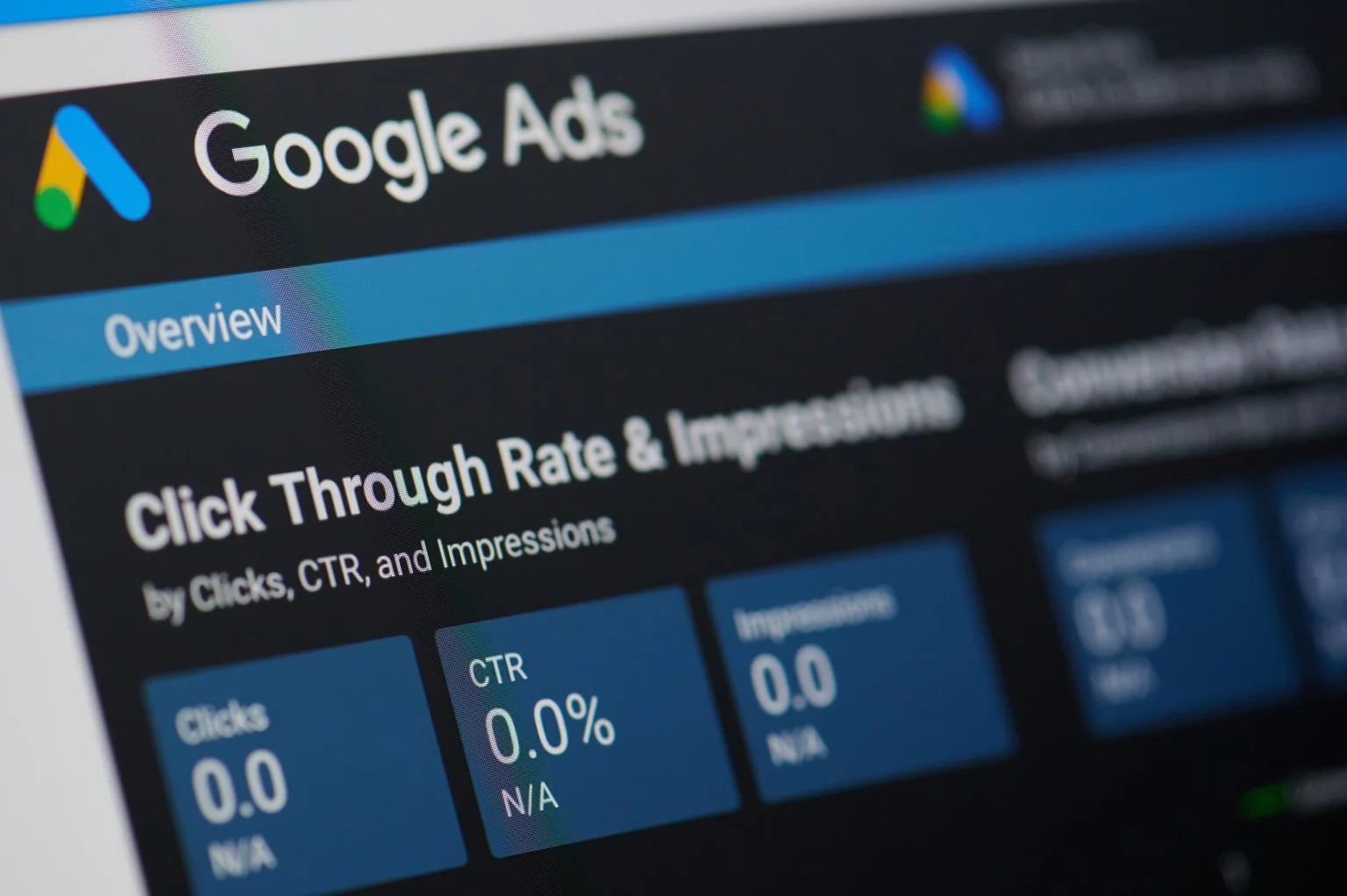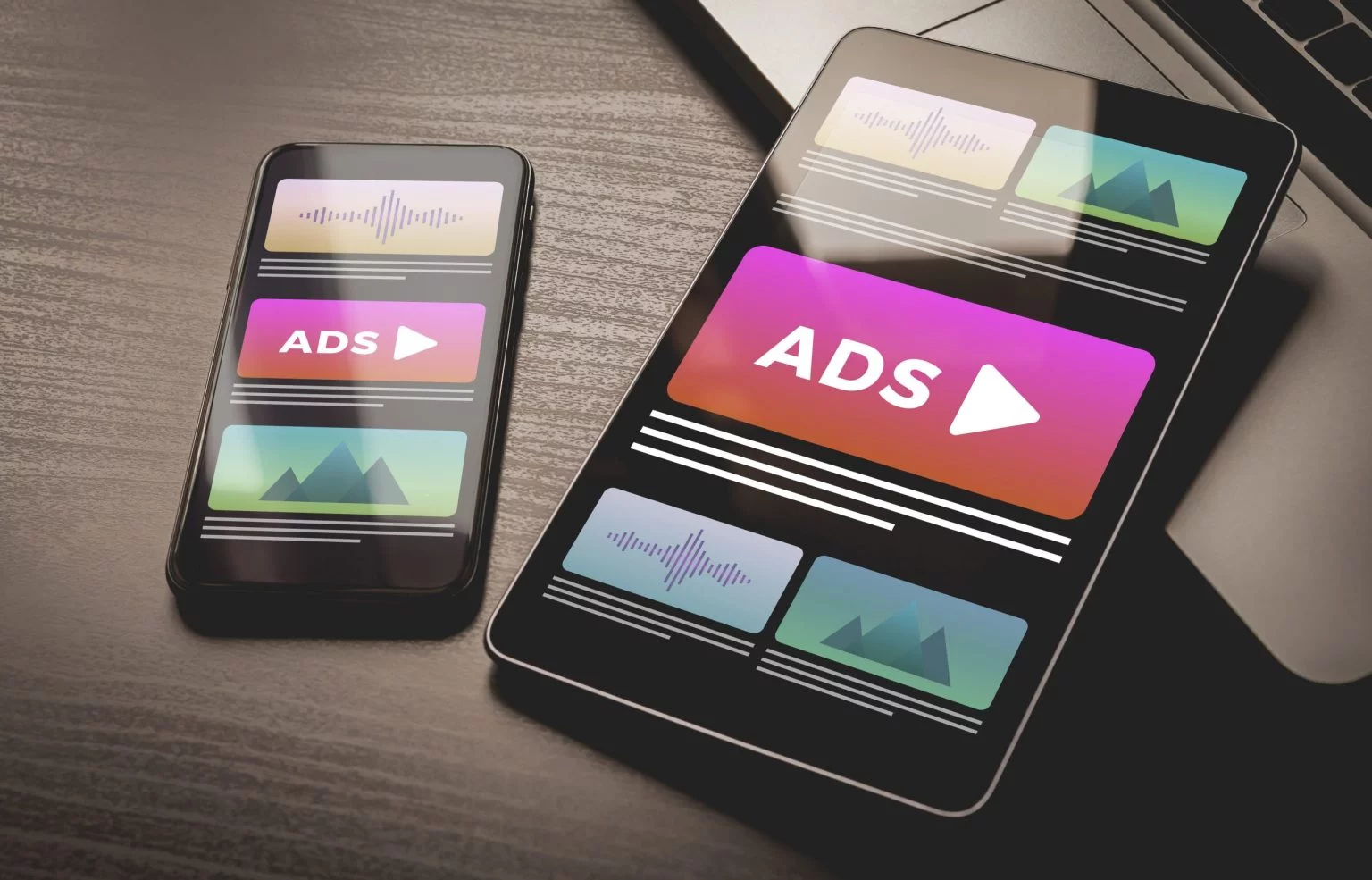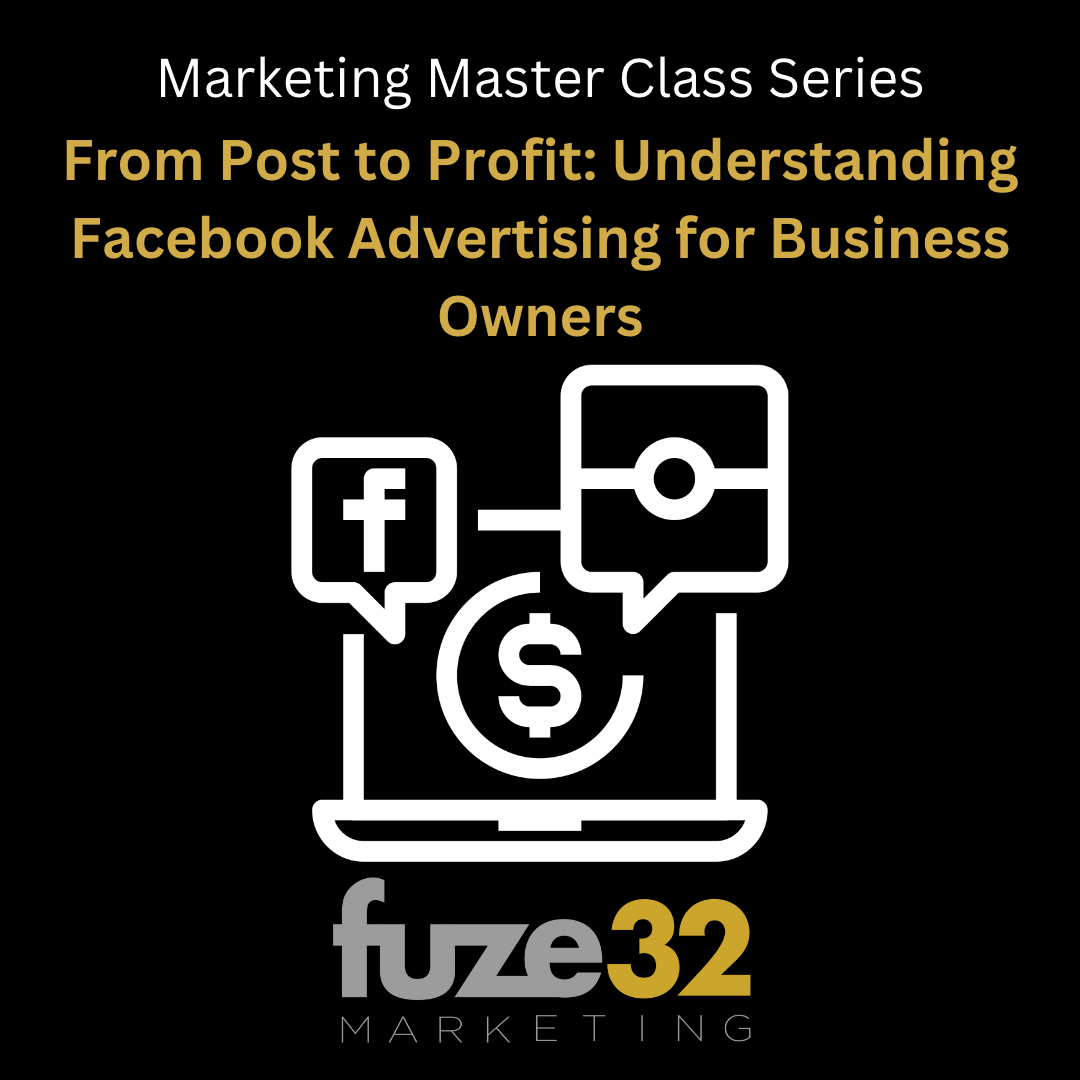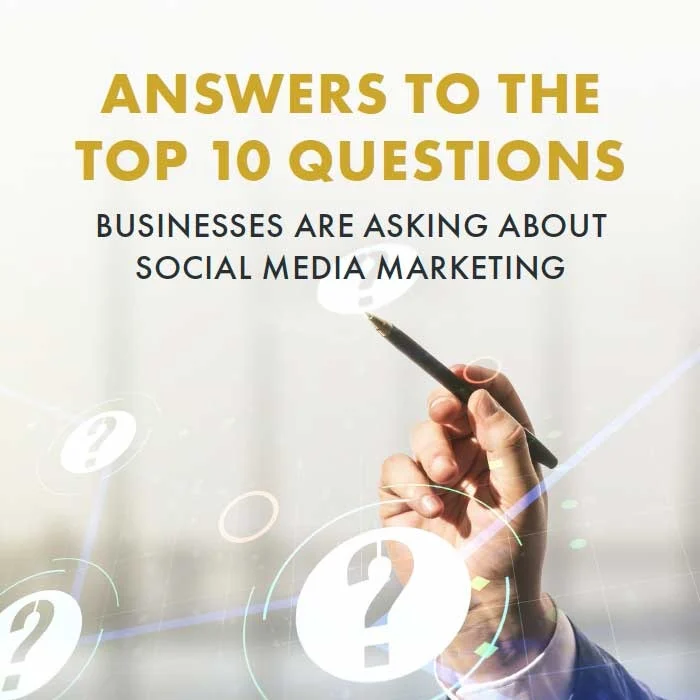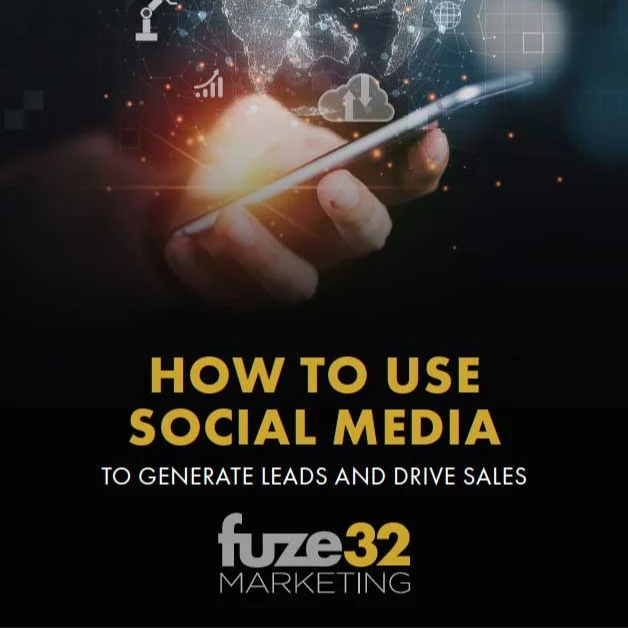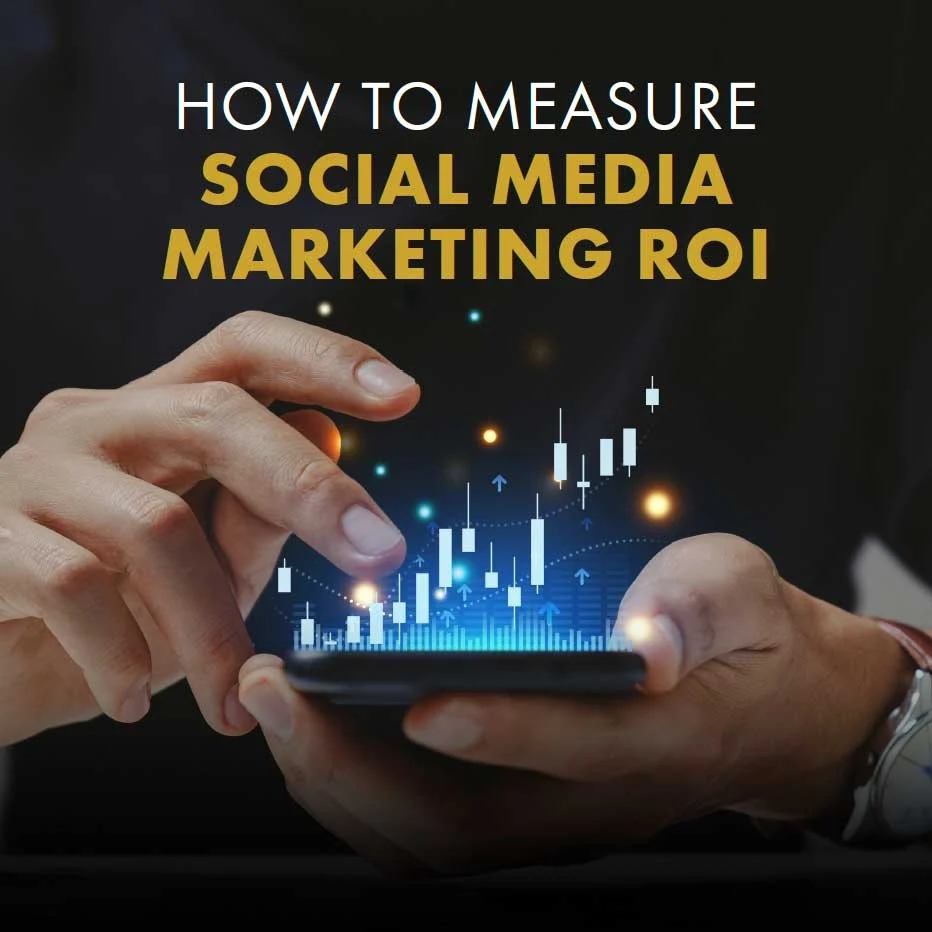Today’s modern businesses should include blogging as part of their comprehensive inbound marketing strategies. In fact, they should be doing this now, perhaps more than ever before. In addition to driving traffic to business websites, blogging also allows businesses to promote their products and services - building trust with potential customers.
Read on to learn more about how blogging can drive inbound marketing and why business owners don’t want to miss out on these benefits:
What Is It?
Before delving deeper into the topic, it’s important to define blogging. A blog is a lead magnet - a marketing tactic or strategy that helps your business gain more online visibility. An integral part of a content marketing strategy, blogging shares important content that provides readers with answers to questions they have related to your products or services and is designed to match with the search terms people type into their Google search bar. It is a powerful lead generation strategy that works. Similar to email marketing, direct mail, social media, etc., a business blog is an important part of inbound marketing.
What Does It Do?
To put it simply, blogging will provide the following 7 advantages for your business:
1. Drives Traffic
Drives traffic to your site. You want as many eyes on your website as possible as this is ideally your way of making a good first impression as a business, as well as a way to highlight your products and services. Blogging gives website visitors a reason to return to your site time and time again, plus it dramatically increases the amount of new organic traffic to your site - all opportunities for new business.
2. Keeps Social Media Fresh
You can also use your blog posts for social media content, which will in turn help your business get discovered or stand out on various social media platforms. If you create new articles, this will further expose your business to an even more expansive and new audience on various networks like Twitter, Facebook, LinkedIn, and Pinterest.
3. Converts Traffic to Leads
Obviously, the ultimate goal of any marketing strategy is to help you garner more leads and eventually, customers. Every blog post offers a new opportunity to generate these leads. This is done by using carefully selected CTAs throughout your blog.
A call-to-action or CTA spread throughout your blog, ideally above the "fold" and again at the end invites readers to take another next step. The more pages they view on your website and the longer they stay on your page, the better your chance of converting that visitor to a customer. Your blog content and selection of CTAs should bring potential customers down the buying funnel, answering their questions and giving them pertinent information along the way. That's how your website can offer you a real and trackable ROI.
The Lead Conversion Process:
It’s important before going much further into how blogging drives inbound marketing to look at how traffic is converted into leads. Consider the following synopsis of the process that breaks it down into manageable steps:
- A visitor enters the website to read a blog that is related to the information they were searching for.
- While reading, a visitor sees a pertinent CTA that relates to their search.
- A visitor clicks on the call-to-action and is then shown an opportunity to access key information related to their search. All they have to do is answer a few questions, and the information is theirs.
- A visitor completes the form, submits their information, and receives the free offer.
- A visitor's contact information, plus a record of their activity on your site, is stored as a lead.
- Appropriate follow-up steps can now happen. It might be an email or phone call by a sales or service rep. It might be a series of follow-up emails over the next few weeks. Whatever the next steps are, that contact can be remarketed to and any sales tracked. (Note: This tracking information requires the use of marketing software like Hubspot)
4. Educates Potential Clients
A well-constructed and purposefully updated blog will also create valuable content that is targeted to your audience, helping you establish a measure of authority or leadership within your industry. This content will also allow prospects to find answers to their everyday questions and will position you as a trusted thought-leader, ahead of your competition.
Since you have helped them in the past, ideally, they are more likely to trust you now and enter into the all-important sales funnel. Blog readers have typically gained more knowledge about your products, market, and industry, when they enter the sales, funnel thanks to your blog posts. The result is increased average sale size and better closing ratios for new business.
5. Boosts Your Links/Helps You Get Found
Blogging can also help you generate inbound links which is essential. You’ll be more likely to gain relevant links if you create articles that are not only useful to your customers but to your competitors as well. When you are a source of quality information and known as a topic authority, other sites begin linking to you. This is called "backlinks" and Google rewards quality backlinks with higher search results for your site.
Backlinks also help you build domain authority, which improves your overall search engine visibility, making it easier for potential customers to find you. Obviously, this is vitally important because if you don’t make sure your site can be found via search engines, potential customers will have a hard time finding you and might just give up altogether and go with another brand’s product or service.
6. Drives Long-Term Success
It’s likely that your older articles will generate the most sales on your sites. In time, you will be able to count on a predictable amount of traffic and leads without adding any additional resources. These types of blog posts are called “compounding” posts.
You are more likely to land one of these compounding posts if you write evergreen blog posts instead of opting for content that could lose its relevance. With business blogs, you always want to create content that can be shared over and over and isn’t necessarily going to go out of style or stop being true. Of course, news-related topics will have a shelf life. However, aiming for mostly evergreen topics on your blog is a good way to ensure continued engagement.
Another tip is to take older blogs that perform well and repurpose them. Update them, check the links to make sure they are all still working and relevant, add an infographic or a video, and republish them. This will not change the URL of the original post but will make an old blog relevant in the present.
7. Easily Share Company News
Finally, blogging can help improve your inbound marketing by giving you a platform to share important company news. You can share articles that humanize your brand and show your audience that your business cares about more than sales. This means you can even share the news that is outside the company itself and just is educational, interesting, or helpful to your readers. Approaching blogging this way also helps you further build your local customer base and continue to gain trust.
Bottom Line: Inbound Marketing Works
Blogging can help improve your overall inbound marketing strategy and is an important part of inbound marketing overall. It can help generate leads, increase your brand’s authority and improve the quality of your customer relationships, all of which are important for continued success.
If you want to know more about how to start blogging or learn what type of posts are most effective, contact us today. We are ready and willing to help you create the right kind of blogging presence, giving you the most bang for your buck in terms of your marketing dollars.



.webp)






